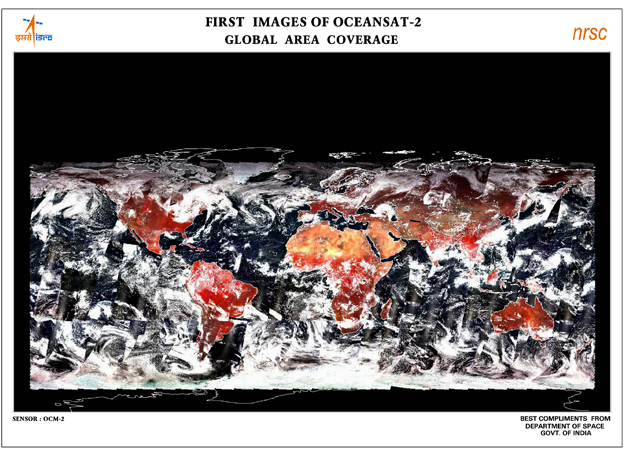
An Open Observatory Manifesto
by Roger F Malina
We live in a world of tele-surveillance; more and more our own environment and our own selves are being observed and monitored. There is a proliferation of new devices and technologies that are used by ourselves, for instance for medical examination of our bodies, or by others to observe and control our behaviours. These devices are also used to observe the universe and the earth, and allow us to understand and even predict the dynamics and processes at work.
Our ideas about privacy are evolving, as well as the systems of intellectual property. Massive data bases are being accumulated in all fields of human activity as well as observations of the world. Some of this data is openly accessible, most of it is in closed archives. There are large inequities both in data collection and data access depending on how individuals and groups find themselves in different situations across the digital divides.
Even within developed countries there are large impediments to accessing the data that has been collected about ourselves and our own environment. Most science is carried out in ‘ghettos’ of experts. There are science producing communities and science consuming communities. Governments and commercial organizations create intentional barriers to the diffusion of data. We live in a cargo cult, enjoying the products of research but without contributing to the knowledge construction or understanding. In a real sense most scientific knowledge is locked up as securely as the medieval Bibles that were chained to the pulpit and only accessible to the initiates.
We live in a dangerous age. The impact of the human population on the earth’s eco-system is driving a variety of anthropogenic changes, from climate change to eco-system transformation. We live in an age of species extinction. Our response can either be one of catatrophism, or of a cultural transformation to learn to manage the planet and maintain an equilibrium that allows sustainable development.
I would like to advance a new human right and a human obligation:
1. Each of us has the right to the data that has been collected about ourselves and our own environment.
2. Each of must contribute to the knowledge construction by collecting and interpreting data about our own world.
Most scientific data collection is funded by public tax payer funding. The public has a fundamental right to all data collected and funded by the public.
If we are to change our culture quickly enough to transition to a sustainable one, we must adapt rapidly and we must have the local knowledge to enable this.
I am not calling for a new amateur science, but rather an intimate science that involves billions of people in understanding the world around them and their impact on it.
There are encouraging developments worldwide in People’s Science and Citizen’s Science movements. The hacker and “make” communities are appropriating numerous technologies for social uses, locative media and mobile phones are becoming interfaces to the world, from personal health applications to local knowledge resources. Open innovation initiatives, distance learning networks and other shared resource movements lead to new ways of learning and researching in the digital age. Many artists in the art-science and art-technology movement function as “New Leonardos” helping to create the transformational renaissance that will be needed for us to lean to manage “Spaceship Earth”.
The right to data and the duty to collect data are part of this necessary cultural transformation. We own the knowledge we create.
In this LEA blog, we call for examples of work by artists and scientists, citizens and scholars that are part the burgeoning open observatory movement.
Brief biography
Roger F Malina is an astrophysicist at the Laboratoire d’Astrophysique de Marseille CNRS in France and Executive Editor of the Leonardo publications circulated by MIT Press. Malina also serves as Chairman Emeritus of the Board of Leonardo, The International Society for the Arts, Sciences and Technology, and President of the Observatoire Leonardo des Arts et Technosciences in Paris. He is Co-chair of the International Advisory Board of the Inter-Society for the Electronic Arts, a member of the International Academy of Astronautics and co-chair of their Committee on Space Activities and Society. Since 1982 he has served as Executive Editor of the journal Leonardo. He writes on the relationship between the arts, sciences and technology.

